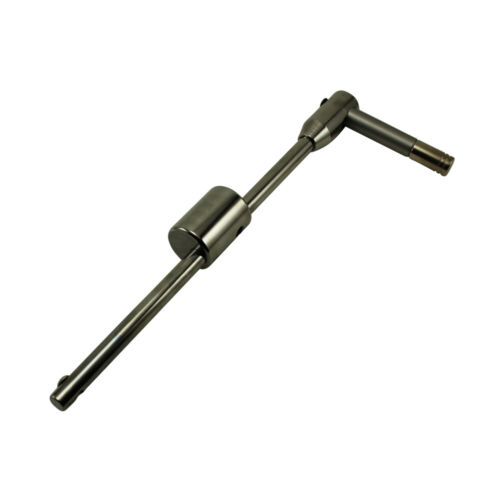
There comes a time when every Leeds piano tuner needs to upgrade their piano tuning hammer. Well, upgrade might be the wrong word because the Fujan piano tuning hammer I also use is extremely high quality. I’ve been introducing this nifty device into my piano tuning starting last week – it’s a Keyes impact tuning hammer. Because it uses a weight to move and set the tuning pins it has two great benefits:
- It moves the wrest pin (or tuning pin) deeper in the wrest plank, setting the pin much better than anyone could manage with a regular piano tuning hammer.
- It uses fewer muscles in the body putting much less strain on the piano tuner (I don’t know anyone who hasn’t experienced some degree of shoulder pain doing this job!)
I’ve already been extremely impressed with the results, but for the sake of speed I currently use it for about 75% of my piano tunings (for the remaining 25% I use my trusty Fujan piano tuning hammer which has been my main hammer since 2017). If I was learning piano tuning today I would much prefer to start with an impact tuning hammer (from what I’ve heard, in colleges in the United States this is already the case).
